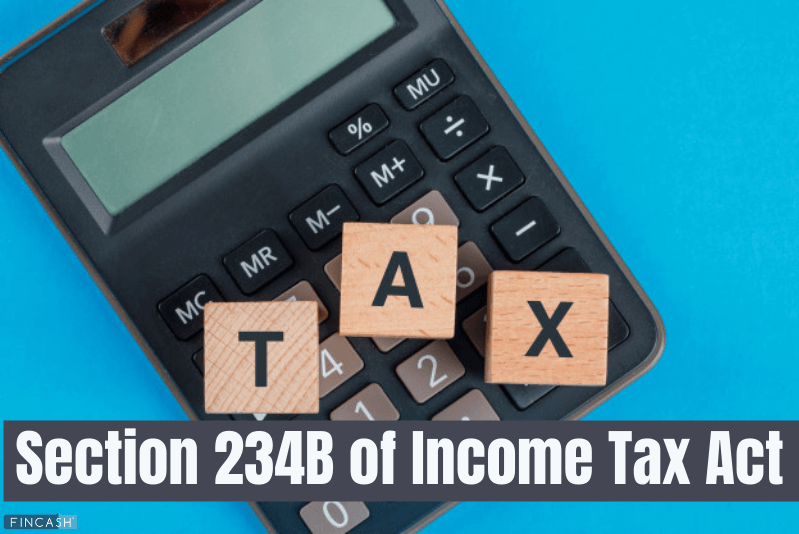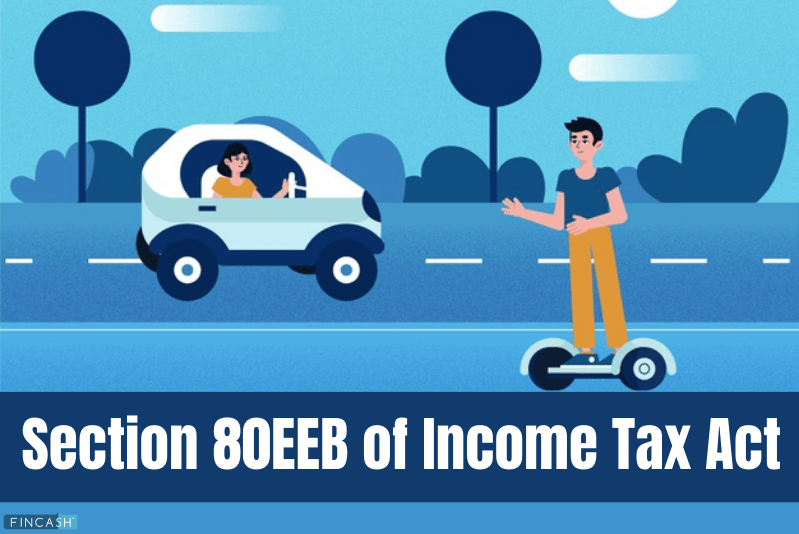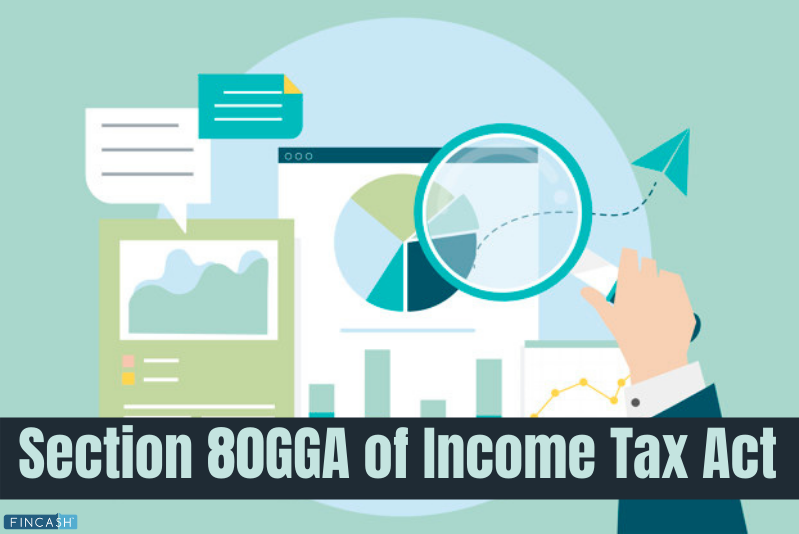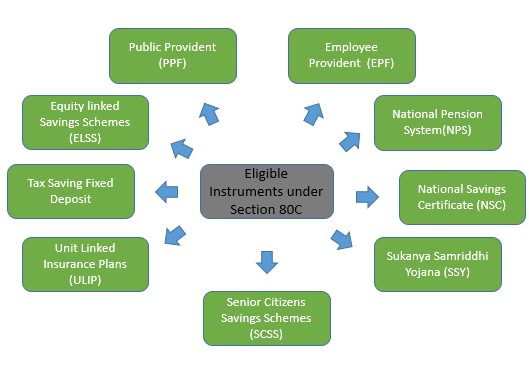Section 56 of Income Tax Act
Weddings are one of the best occasions in an individual’s life. The joy, laughter and love surpass everything imaginable. Families and guests uniting to celebrate love and laughter is always a beautiful and transcendent occasion to be part of.
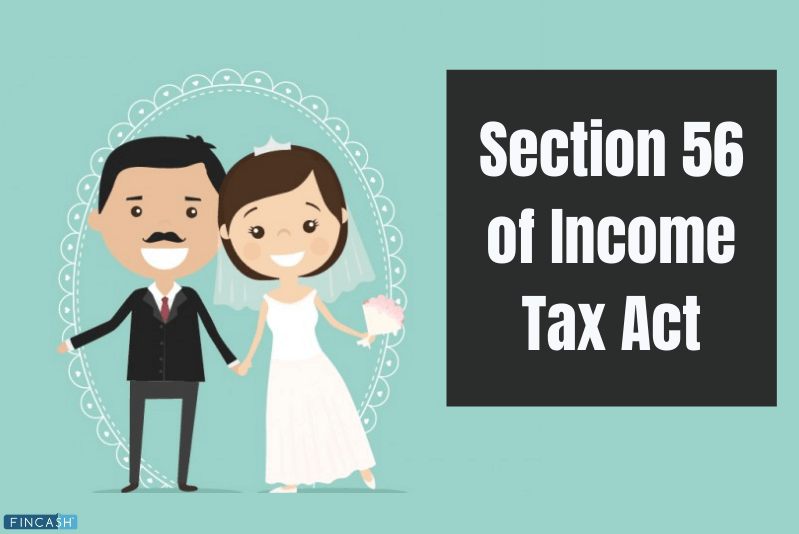
Along with weddings and expenses, friends and families flood the couple with loads of gifts. But there is something many couples are not aware of — taxation policies on wedding gifts. Yes, wedding gifts also come under Section 56 of the income tax Act, 1961. This relief or exemption from taxation is provided under Section 56.
What is Section 56?
It is a provision of exemption from taxation on wedding gifts from immediate family, relatives and friends. Any gift under Section 56, immovable property like house, property, cash, stock or jewellery is exempt from taxation.
Wedding Gifts Under Section 56
- Gifts can be both big and small in nature. But what are these big gifts? Let’s take a look.
- Land and Building
- Paintings
- Sculpture
- Archaeological Collection
- Shares
- Stock
- Jewellery (This includes ornaments and utensils made from gold, silver, platinum and other precious metals, precious stone and semi-precious stones)
Types of Gifts
The gifts under section 56 are divided into two categories:
1. Exempted Gift
Gifts received with a value of up to Rs. 50,000 is not taxable. Other non-taxable gifts are described below:
A. Gift from a Relative
If you receive a gift from a relative of any amount, it will not be taxable. There is no upper limit for the amount when it comes to relatives. For instance, if your sister or brother gifts you Rs. 50,000, it will not be taxable under Section 56.
b. Other Gifts Received
The gifts that you receive on the occasion of your marriage are tax-free.
c. Other Exempted Gifts
Other tax exempted gifts are mentioned below:
- Under a will or inheritance
- Contemplation of death or payer
- Local authority as defined under Section 10(20)
- Medical or educational institution or fund etc u/s 10 (23C)
- Trust or institution registered u/s 12AA
- From a person by a trust that is created solely for benefit of the relative
Talk to our investment specialist
2. Taxable Gift
If you receive an amount above Rs. 50,000 from others who are not relatives, the amount is taxable. If you have been gifted an immovable property without consideration toward stamp duty and the value of such property is more than Rs. 50,000, the stamp duty value will be taxable.
For instance, if the consideration paid Rs. 1 lakh and the stamp duty value is Rs. 3 lakhs, the remaining Rs. 2 lakhs will be chargeable under the head of the source.
Moreover, if an immovable property received without any consideration of fair market value is more than Rs. 50,000, it is taxable.
Note that the gifts received from parents, spouses, siblings are exempted from tax. So even if your parents give you Rs. 10 lakhs in cash, you will not be taxed.
Definition of Relatives Under Section 56
According to Section 56, relative is:
- Spouse
- Brother
- Sister
- Brother of the spouse
- Sister of the spouse
- Brother of a parent/parent-in-law
- Sister of a parent/parent-in-law
- Lineal ascendant or descendant of the spouse
- Any member of hindu undivided family (HUF)
Important Points About Gifts Received Under Section 56
1. Gifts from Friends
The gifts you receive with a value of more than Rs. 50,000 is taxable under the Income Tax Act. However, if your friend gifts you Rs. 40,000, it will not be taxable. If the total amount of the gifts you have received amounts to more than Rs, 50,000 it will be taxable.
2. Other Regulations
If you receive a gift in the form of cash, make sure to deposit the money in the Bank around the wedding date. Gifts of high-price such as house, car and other should be gifted with a gift deed or a date mentioned around the date of the wedding. Keep a record of the gifts of high-value like jewellery, etc.
3. Accrued Income
Income generated from the gifts on your wedding is subject to tax. For example, if you are gifted property and you put it up to rent, the income generated through rent is taxable.
Conclusion
Section 56 is a boon to the newly-weds who might be confused about all the money coming in during a wedding. This section really helps clarify all the doubts you might have.
All efforts have been made to ensure the information provided here is accurate. However, no guarantees are made regarding correctness of data. Please verify with scheme information document before making any investment.
You Might Also Like
